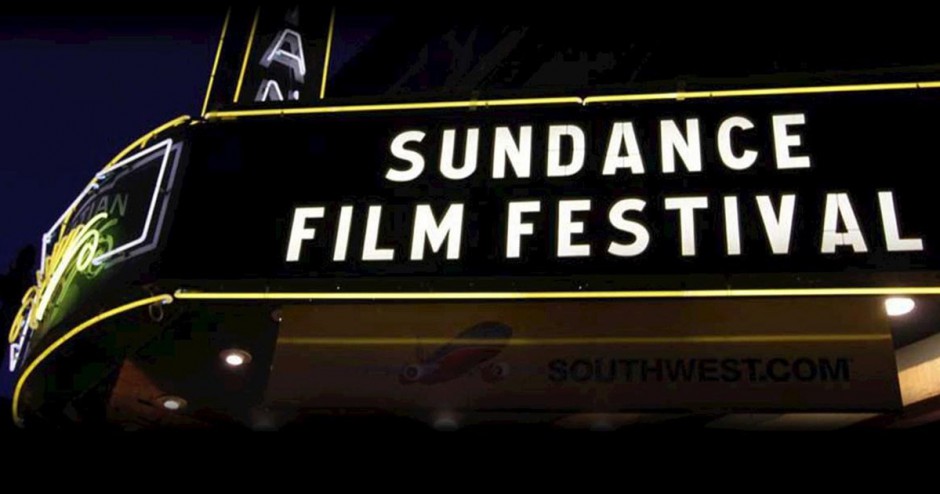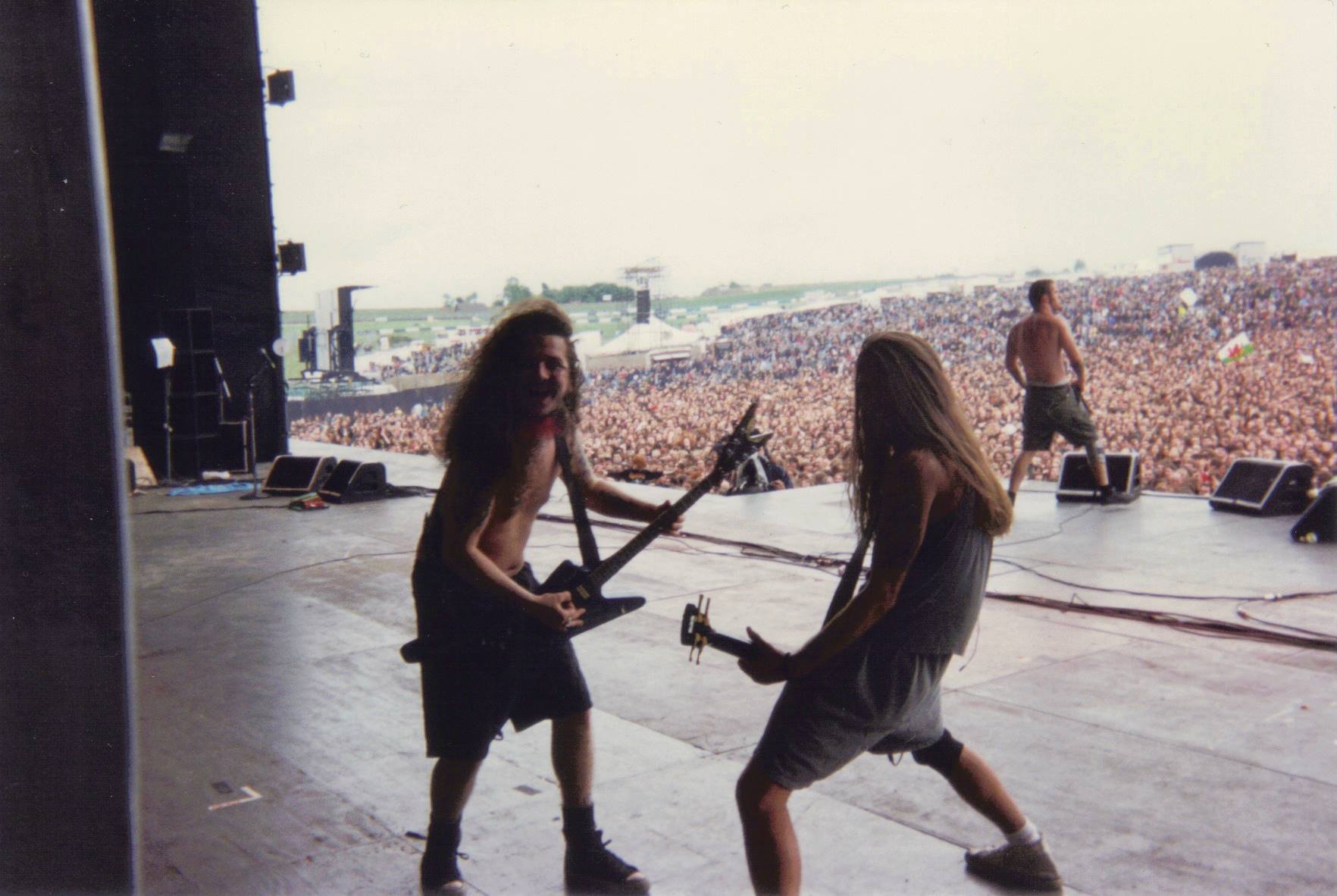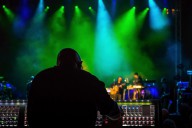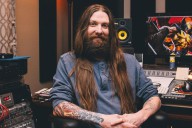So You Want To Be A Composer? Meet Benjamin Speed
By christina · On January 17, 2016Australian composer Benjamin Speed makes music for the movies for a living. Starting out as a musician, he got his start as a composer performing a live re-score to iconic silent movie Metropolis for the Adelaide Film Festival which consequently hit the festival circuit around the country. One of the highlights so far? Attending Sundance Film festival for a screening of 52 Tuesdays, an award-winning Australian-made production he composed for which secured the coveted Best Director prize. In our regular series introducing you to dream jobs in the industry, Benjamin shares his story and also his suggestions for those looking into breaking into the business.
Name & Location: Benjamin Speed.
Role: Film composer, musician and producer.
Website: benjaminspeed.com
Where are you based?
I live in Los Angeles and travel back to Australia for work.
What are you working on at present, and what have you recently completed? How many jobs do you usually handle at once?
Right now i’m composing a feature documentary called Embrace about female body image and the extremes of media and online pressures modern women have to face. It will be coming out in the cinemas and online sometime in 2016. I’m also composing for two short films, a 1960’s espionage thriller called ‘The Defector’ and a bromance comedy called ‘Under The Hammer’ about a guy and his best mate trying to save his house from being sold off by the bank. I also will be working on a feature thriller coming up called Bloodlands which will be lots of fun.
Why did you want to be a composer & how did you get into it?
To answer the first question, I wanted to be a composer because I saw myself being able to make music for the whole of my life. I was in a band called The New Pollutants for many years touring around, playing gigs at festivals and in clubs and it was so much fun but I felt like I couldn’t do it for the rest of my life as I would put such a physical effort into my performances that I would be injured and exhausted after each gig.
After a few years of having fun on stage and touring, we pitched an idea to the Adelaide Film Festival of performing a live re-score to the then newly restored silent film called Metropolis and this was my first big foray in to composing rather than songwriting. The project was very successful and we went on to perform it at many great festivals. A career highlight at the time was getting to perform it at the Opera House which was so much fun.
What was your first gig?
My first ‘real’ composing gig was an animated series called Errorism: A Comedy of Terrors. It was about a clumsy terrorist who’s efforts would routinely backfire on himself. If you think of Wile E Coyote with guns, bombs and arsenic you’re on the right track.
This is a fairly hidden world … how does it usually work, the creation of a score or piece of music in your experience?
From my end it’s not hidden at all! It’s all that I do! Everyone has a different process and it can change with each piece or project so it really depends on the type of music i’m making. One project I was working with a Cuban band and an accordion player to get raw materials that I would mould and work to create a score from these sounds and another score I would work completely in my computer creating sounds from libraries of virtual instruments I have collected. Usually it’s a combination of both.
What do you think are the personal qualities a great composer requires?
A steely, unwavering focus and dedication to their craft and to be friends with lots of directors is a start in the right direction.
In your opinion, what’s the best first question a rookie should ask on their first gig? What is the worst thing you could do on your first gig?
Best: They should focus on the story, the characters and the feelings and intentions that the director is trying to convey on screen.
Worst: Although being paid is important, if you make money your main focus from the offset it can be off-putting, especially in such an artistic realm as film making. Do not avoid this topic at all but don’t make it the main event.
What are the three most important lessons you’ve learned?
Don’t be precious.
Don’t be a primadonna.
Be easy to work with.
If a director doesn’t like a piece you make, it’s a great opportunity for you to make something even better.
What’s been your best “pinch yourself” moment so far?
Being with my filmmaking team at the Sundance film festival and the director Sophie Hyde winning best director for the film 52 Tuesdays. And the after party proceeding the win. It was brilliant.
What’s been the most unintentionally hilarious day so far?
I had 3 films that all were finishing on the same day and I had to finish and deliver them all at the same time. I was crazy!
What are your creative essentials, how do you get into the mode?
A computer, a keyboard and my brain are the essentials. I get in to the mode either by inspiration or by forcing myself to start. This is usually the hardest bit. Once you start it gets easier.
What’s your ultimate goal? Ultimate film, director? Has it already happened?
My ultimate goal is to have my music shot out in to space for alien life forms to find and document as a representation of human artistic achievement on Earth. My ultimate director is Stanley Kubrick, so it will never happen unfortunately.
Which actors or directors have inspired you the most?
One of my favourite films growing up was The Shining. Jack Nicholson’s performance in that film was brilliant and again Kubrick is a genius. There are many others from the history of film, but inspiration from directors I have personally worked with is a great and valued thing. If a director shows passion and commitment to their own project then it makes me want to make great music for them.
What are the benefits to working behind the scenes in the film industry rather than in front of the camera?
You can look like shit and work in your pyjamas.
What’s the biggest misconception in your opinion about the lifestyle?
That it’s easy work. It’s really hard and takes a long time to make something brilliant.
What’s the hardest part of the job, in your opinion?
If there are many people to please in a production and everyone has differing opinions on what the music needs to do. It’s very tricky and almost uniformly leads to an average outcome.
What’s the best part of the job?
Coming up with an amazing piece of music you hadn’t previously created.
You must have travelled pretty extensively, what have been your favourite cities and film festivals?
I mentioned Sundance previously. That was amazing to be in. Also earlier in my career I went to a big animation festival in Annecy on the border of France and Switzerland. It was sublime.
For a young aspiring Australian composer what would you recommend they do first? What’s a good entry level gig to prove yourself first?
Find young filmmakers just starting out and offer to make music for their films. There are lots of people starting out and proving yourself on smaller projects is a great way to showcase your talents and build your musical repertoire.
How do you think your role has changed over the years you’ve been in the game?
The internet has made the ability to work remotely within teams a reality. The best pay to work project I had was working on an advert while I was in a hotel room in Bologna. This is amazing. When I was young, using computers to make music was a real niche area. Now it is ubiquitous.
What’s your favourite Australian film?
It’s a toss up between Bad Boy Bubby and The Castle
What’s been your most memorable/unusual project?
My lecturer at university offered to set me up with a meeting for making music for porn. That could’ve been hilariously funny!
Please share a link to three trailers on YouTube that you have created or reckon are amazing.
Here are several projects i’ve done:
52 Tuesdays – Movie Trailer
The Cat Piano
Interview Questions: Christina Rowatt. Follow Christina on Instagram.






